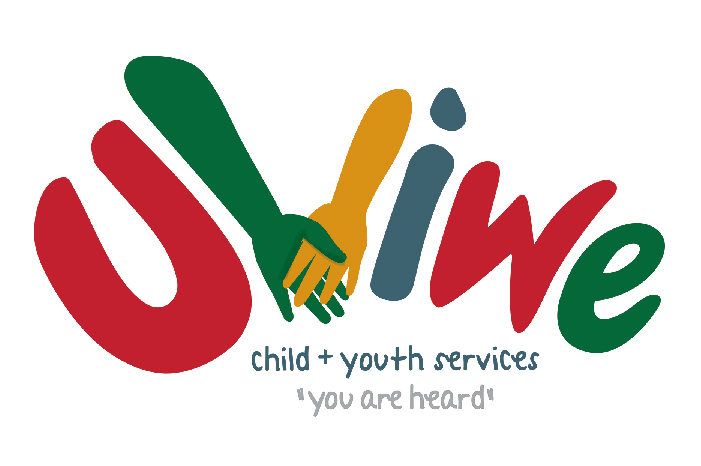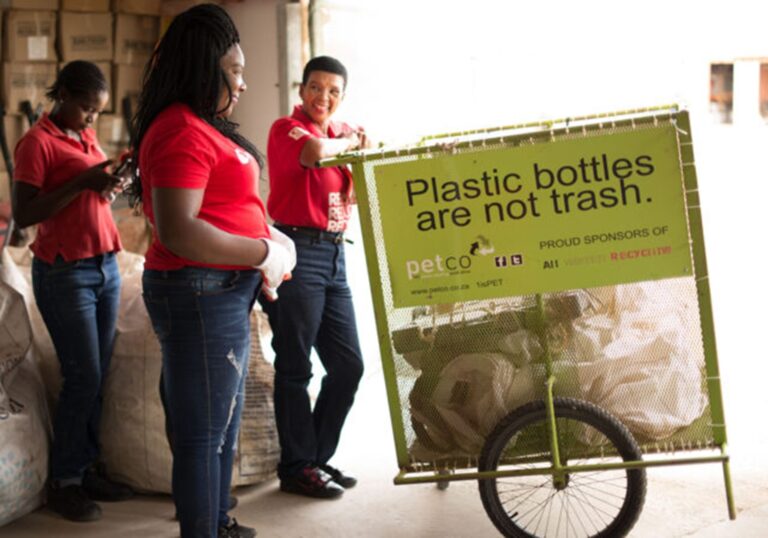Tallard wanted to build a generation of better men
A former homeless man Paul Talliard founded an organisation that gives men who, like him, were homeless a second chance to life. Through an empowerment project, now well established organisation in Cape Town, gives men an opportunity to earn a decent salary while giving back to their community.
The passing of the founder of the award-winning community organisation Hands of Honour, Paul Talliard, in January this year sent shock waves to those who knew him and those who were touched by good times through the television.
Talliard was inspired to establish this organisation back in 2010 after he saw young and adult men in Cape Town wasting their life by roaming the streets.
Most of the men whose lives were impacted by his generosity were without hope, were dependent on government welfare and some were relying on the assistance of Samaritans who run soup kitchens and drop off centres.
The organisation, in a statement which was published on its website, said Talliard wanted to restore the dignity of these men.
“He recognised that an intervention was urgently needed to support men in such situations to restore their dignity, to empower them with the skills to provide for themselves and their families, and to be meaningfully re-integrated into society. Importantly, they need to pay it forward – their rehabilitation needs to inspire, and have a positive impact on others in similar situations in their communities,” read the statement.
These interventions which Talliard thought would assist these men were social entrepreneurship programmes like the Mobile Classrooms on Wheels (COWs) Programme, and it’s Cape Town Upcycling Centre.
The idea was that these programmes would alleviate poverty, not just in the lives of these men but in the entire community as their families would benefit greatly when they are able to bring something like money home.
“Hands of Honour has developed a unique model using social entrepreneurship as the driver to alleviate poverty, to facilitate skills transfer, and to rehabilitate individuals on its programme. The model comprises two income-generating ventures,” said the organisation.
Some of the men who have benefited from the programmes have gone on to build meaningful lives for themselves and are contributing back to the community.
The organisation said Leyton Fillies is one such example. Fillies was an ex-prison gang member and a negative influence in his community who used to live in an abandoned car.
After being part of the programmes, he was hired as a safety officer and site leader for a large company.
“He now travels around the country. Fillies often returning to do his bit for our programme.”
The objectives of these programmes run by the organisation are to:
- Play a critical role in developing our young children and our youth by means of our modular educational spaces and teaching aids.
- Address the scourge of prolonged unemployment in communities by means of skills transfer to those who come through job training/skills development programme. The outcomes of the project are to create employment and to rehabilitate individuals so that they may contribute meaningfully to society.
- Continue to grow and develop partnerships with businesses, as waste generators, directly in order to reduce or eliminate the occurrence of informal waste pickers scouring refuse bins or dumps. Businesses are our main source of obsolete stock or waste materials to produce various objects.
- Give new life, and use, to waste materials and unwanted goods which would otherwise end up on landfill sites.
Like the men Talliard he was helping, he too relied on people’s mercy for survival, he became addicted to crack-cocaine, a 35-year addiction which saw him lose his home, family, and dignity, with 15 of those years frequenting soup kitchens in Muizenberg and Kalk Bay as a means of survival.
Before that unfortunate experience, he had worked a good job, working on an international oil rig where he could have lunch in cities such as Sao Paolo and Mexico City.
It was one fateful day that made Talliard watch to change his life and that of other men he saw on the streets of Cape Town when a man who was homeless gave him a gift he would never forget.
“On his way to a soup kitchen in 2010, he walked past a litter bin, he spotted a packet of half-eaten McDonald’s chips. He reached into the bin for the chips, too hungry to consider where it had come from, and not realising that someone was watching. He was given a R10 note by a homeless person with an instruction to buy himself something decent to eat. This random act of kindness changed Paul’s life, triggering a series of events that would see him dedicating his life to assisting men to live purpose-driven lives,” said the organisation.
As his life turned around with the help of Glenda Hendricks, the soup kitchen supervisor (and who would also later become integrally involved with Hands of Honour), and others, Talliard managed to get back up, and opened Hands of Honour shortly thereafter.
He dedicated his life to assisting, supporting and restoring the dignity these men had lost.
Editor’s Note
Talliard’s story shows how when you have patience, resilience and are driven by the desire to change people’s lives a lot can be achieved by struggling communities. Through his own life journey, we learn the power Ubuntu has to not only heal, restore hope but also to extend love to others. We shouldn’t treat people who are less fortunate than us in an inhumane way. What we are to also learn in his story is that everything we do has a ripple effect and let that effect be a positive one than a negative one.
Thato Mahlangu
Editor



